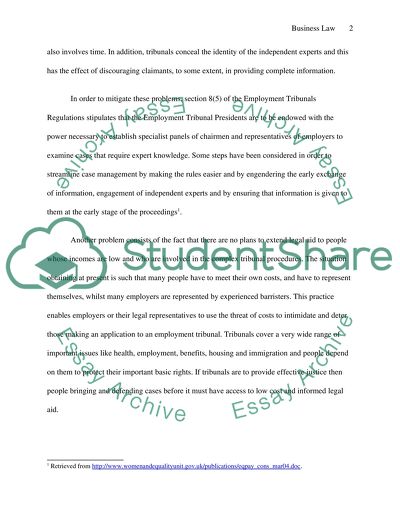Cite this document
(“Business Law Essay Example | Topics and Well Written Essays - 1500 words - 6”, n.d.)
Business Law Essay Example | Topics and Well Written Essays - 1500 words - 6. Retrieved from https://studentshare.org/law/1502400-business-law
Business Law Essay Example | Topics and Well Written Essays - 1500 words - 6. Retrieved from https://studentshare.org/law/1502400-business-law
(Business Law Essay Example | Topics and Well Written Essays - 1500 Words - 6)
Business Law Essay Example | Topics and Well Written Essays - 1500 Words - 6. https://studentshare.org/law/1502400-business-law.
Business Law Essay Example | Topics and Well Written Essays - 1500 Words - 6. https://studentshare.org/law/1502400-business-law.
“Business Law Essay Example | Topics and Well Written Essays - 1500 Words - 6”, n.d. https://studentshare.org/law/1502400-business-law.


